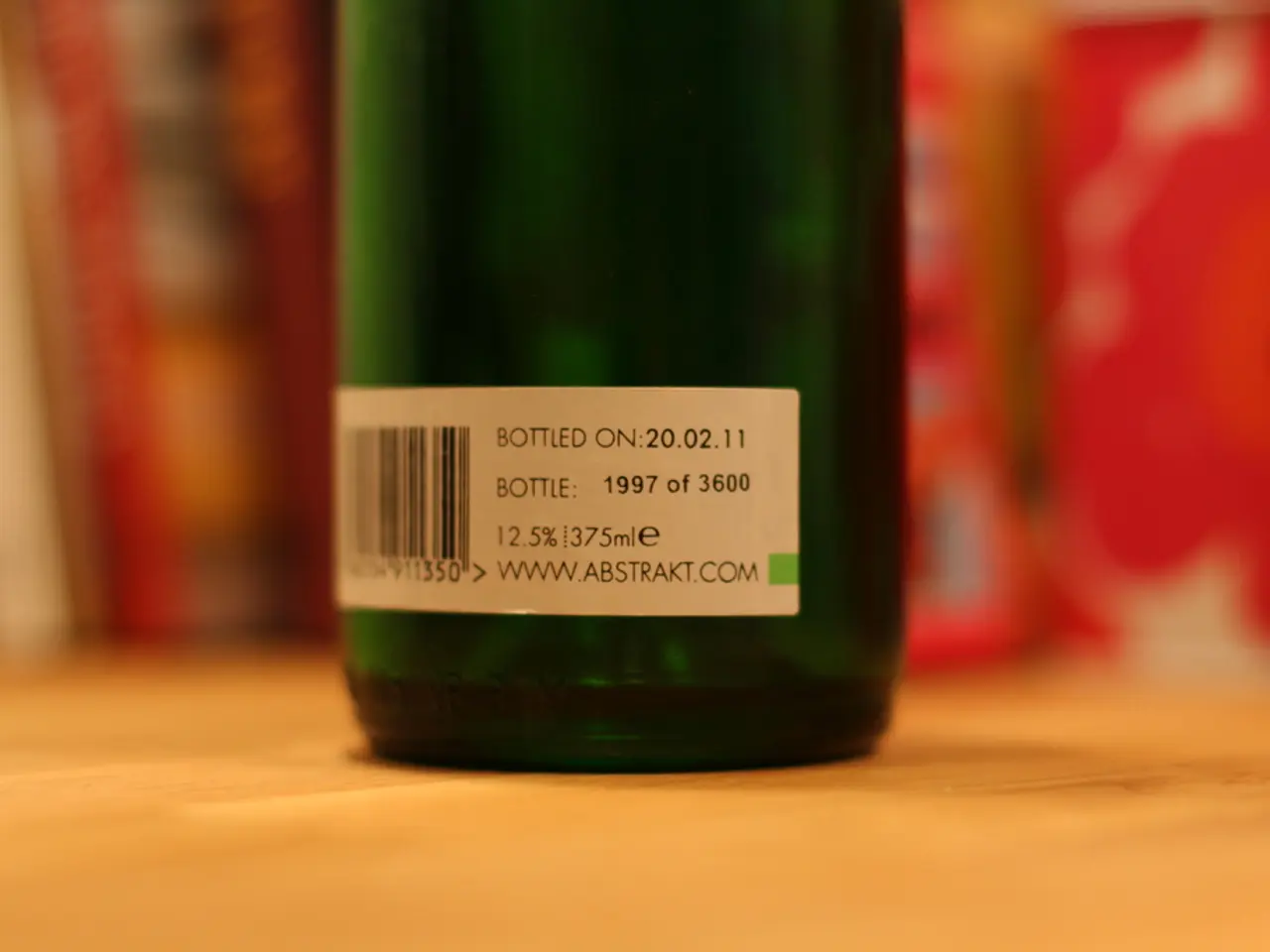Sugar Not a Carcinogen, but Excess Linked to Cancer Risk
The National Toxicology Program has clarified that sugar itself is not classified as a carcinogen. However, excessive consumption of added sugars can increase the risk of certain cancers. Experts recommend limiting sugar intake to no more than 10% of daily calories, with even stricter guidelines from the American Heart Association.
To maintain a balanced diet, aim for half of your plate to be non-starchy vegetables, a quarter lean protein, and the remaining quarter starchy carbs, preferably whole grains. Opt for whole fruits instead of processed sweets and reduce sugary drink intake. While sugar doesn't directly cause cancer like smoking or sun exposure, consuming too much can lead to weight gain and metabolic syndrome, both linked to increased cancer risk. Cancer cells, like healthy cells, feed on sugar, but also on protein and fat.
To support a strong immune system and better tolerate cancer treatment, it's crucial to nourish the body with a balanced diet. Limit added sugars to no more than 10% of daily calories, focusing on whole foods like fruits, vegetables, and lean proteins. This approach helps reduce cancer risk and promotes overall health.
Read also:
- Comprehensive Overview of Addressing Traumatic Brain Injuries (TBIs)
- Enhanced Health Services Provisioned by San Diego Academic Health Partnership Continues During COVID-19 and Beyond
- Vaccination drive targeting infants under 6 months old against bronchiolitis in the region of Andalucia
- Biopsy Basics: Objectives, Varieties, and Potential Hazards - Healthline Illuminated








